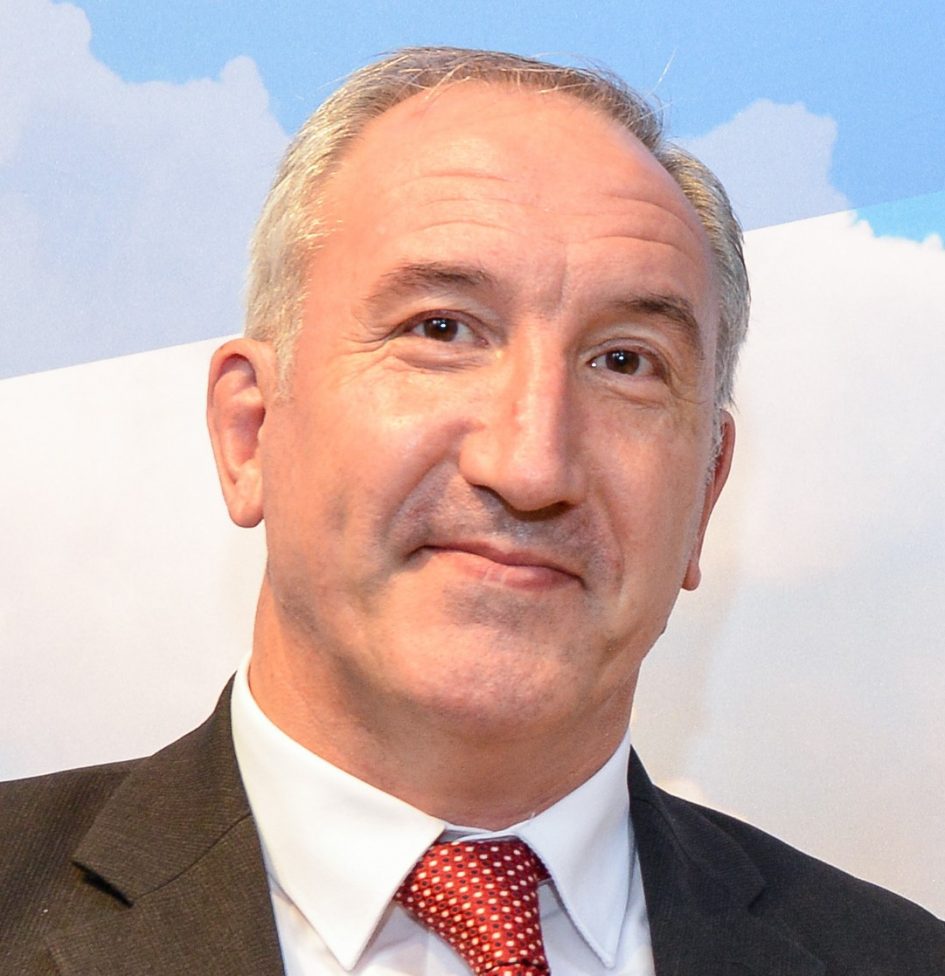Roger Saunders from DMU’s Business and Law Faculty and PRME working group introduces how sustainability issues are addressed in relation to Marketing courses at DMU…
Through what DMU course are you teaching about sustainability and the SDGs?
I teach Principles of Marketing MARK1502 to first year Economics/Business & Economics students, the module is also shared with MARK1503. This is approximately 250 students. I also teach final year marketing students on the module Marketing analysis and strategy (I teach the analysis part), this is approximately 100 students.
What have you done to make sustainable development issues part of this course?
I have participated in the SDG Teach-in for sustainability, so I wrote a specific lecture/seminar about ethics and sustainability.
I covered all of the SDGs and gave practical examples, both of the issues that businesses create and for each of the SDGs how businesses were responding to these. There were also links to a range of material that students could use to follow up on specific issues.
In the case of the first years the session came towards the end of the course and was included as one of the short essay questions available in the exam. Students were expected to provide an example and apply sustainability to the notional business that they had been running in preparation for the first assessment.
For the final year students it was something they could include in their assessment 1 analysis, either looking at the current situation, competitive advantage or future trends.
How does this teaching and learning activity relate to your research, professional background or other DMU activities?
I am involved in curriculum development and in particular the application of the Business School slogan “Beyond business as usual”. As someone who is passionate about sustainability and in particular green/renewable/sustainable energy, I believe it is vital for the future of the planet for students to understand how they can influence organisations and consumers.
How do students benefit from having this focus on sustainability within their course?
These are people who will go on to have a major influence in what affects the way businesses operate and how consumers interact with resources. Sustainability is only going to become more important as part of business operations so this gives our students some ideas on how to address this. But it is currently only a small part of what we do and it should be much bigger.
What would you recommend to colleagues considering adopting a similar approach?
Information is readily available about a host of sustainable initiatives. Getting students to talk and question their own values is a great starting point.
